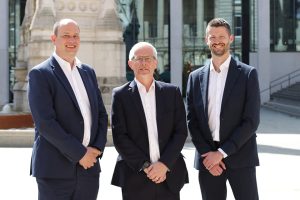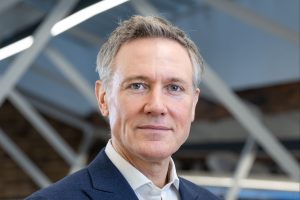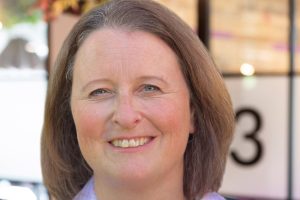Aston Science Park founder Derek Harris passes away

THE founder and former chief executive of Aston Science Park, Derek Harris, has died.
Dr Harris, credited as playing a major role in the development and growth of Birmingham as a knowledge-based economy, passed away at his home in Elford. He was 71.
In 1983 Birmingham City Council, Aston University and Lloyds TSB set about creating the first inner-city science park in Britain – the third across the country, following Cambridge Science Park and Herriot Watt University Research Park in Edinburgh. Dr Harris joined the founding team and with his help, the 14-acre site was transformed from a derelict swathe of inner city land into one of Europe’s most foremost science parks.
Dr David Hardman, CEO of Innovation Birmingham said: “Derek was a founding member of the science park team, joining in 1983, when the science park movement in the UK was very much in its infancy. He was appointed as chief executive in 1993, when 80 technology companies were based across the portfolio of new purpose-built office buildings.
“Derek led the speculative development of the latter phases of the park, including the 80,000 sq ft Priestley Wharf scheme and the 46,000 sq ft Faraday Wharf building, which has continued to be our flagship building.”
Ged Tinley, Head of HR at Innovation Birmingham said: “Derek was excellent at getting people to buy into his vision. He was a very sociable Chief Executive, and also displayed a real caring side to his personality. He was a real character.”
Anne Bromwich, Administrative Assistant at Innovation Birmingham, who joined the team in 2001 said: “Derek loved the science park and was very passionate about Birmingham in general. He was known by many people, loved to socialise and was an excellent host. He was also a great supporter of the CBSO and The Hippodrome.
“Derek was excellent at getting people to buy into his vision. He was a very sociable chief executive and also displayed a very caring side to his personality. He was a real character.”
The difference he had made was recognised in 2006 when he collected a lifetime achievement award from UK Business Incubation.
Dr Harris remained as chief executive until 2008, having served the park for 25 years. On leaving, he took up numerous directorships relating to enterprise, the science park sector and business incubation.
One of these was as chairman of Solihull-based economic development consultancy Emprima.
At the time of his retirement, Dr Harris said: “There is no doubt the park has made a huge contribution to the city’s economy and it has also done much to enhance its position on the international stage. But the science park’s most exciting developments are yet to come and I wish it well for the future.”
He is survived by his wife Vanessa and daughter Emma.








